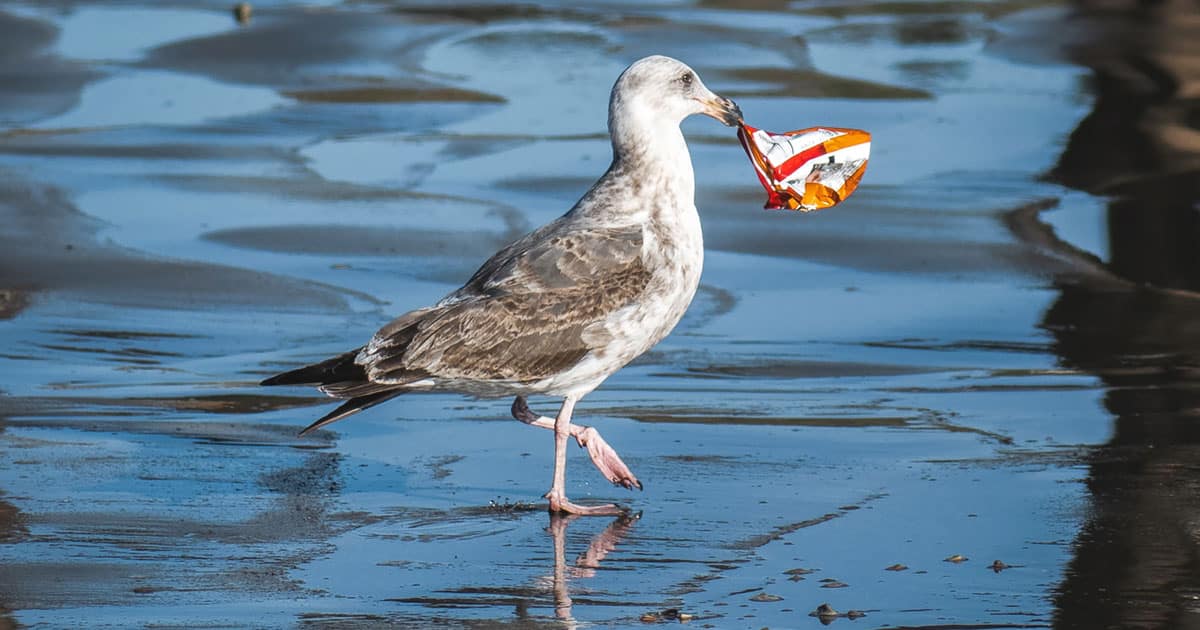A vast range of contaminants winds up in our world’s ponds, waterways, creeks, freshwater, and eventually the oceans, ranging from large pieces of debris to undetectable compounds. Drought, continuous mismanagement, and a population increase have all led to a freshwater crisis, putting the sources we depend on under jeopardy.
How does water pollution affect us?
Here’s why water pollution should be a popular topic to discuss among students, teachers, parents, and other educators. We need to understand what could happen if pollution persists.

Health. As per a recent United Nations report, dirty water affects more lives each year than any other type of aggression combined, including warfare. Water contaminated by human or animal waste contains germs and pathogens that carry diseases like typhoid, hepatitis, and salmonella. This is highly dangerous for humans.
Environment. In order to stay alive, organisms in any specific habitat rely on one another. They share a symbiotic relationship. So, toxins contained in wastewater, for example, might upset the interactions between different types of species that an ecosystem requires to survive. This can negatively affect our ecosystem.
Economy. Toxic water could have numerous negative consequences on our economy. It could have a significant impact on industries that rely substantially on clean water, such as fishing and recreational activities, travel, and even real estate values. Drinking contaminated water could also increase treatment expenses for sick patients, which in turn could raise the prices of tap water.
What causes water pollution?
There are three key factors to examine when considering the ‘whys’ of water pollution worldwide. Here they are.
Industrial waste
Water pollution is caused by work facilities all over the globe. Many construction plants generate waste in the form of dangerous toxins, and while some are controlled, others lack suitable waste disposal systems. Industrial waste is occasionally thrown into the surrounding natural waters. When industrial waste is not properly processed, it has a high risk of polluting the groundwater systems with which it comes into touch.
Marine Dumping
Marine trashing is a pretty self-explanatory process: it involves dumping trash into ocean seas. Household rubbish is picked and thrown into oceans by many nations around the globe still. It can take up to 200 years for most of these goods to disintegrate fully.
Radioactive Waste
Radioactive material from nuclear power plants can be exceedingly dangerous to the ecosystem and must be properly dealt with. This is due to the fact that uranium, the material used in power generation, is a highly poisonous substance. When accidents happen at these sites, harmful waste is dumped into the ecosystem. This is one of the key drivers for renewable, clean energy source searching.
Sewage and Wastewater
Even after treatment, toxic substances, germs, and viruses can be present in liquid waste. Each household’s sewage and wastewater are dumped into the sea along with clean water. The germs and bacteria discovered in that wastewater cause illnesses in both people and animals, and hence are a big source of health problems.
Also, read: Meet The 25-YO Who Is Behind India’s Cheapest Potable Water Purifier
Agriculture
Producers frequently use agrochemicals to protect their harvests from disease and pests. These pollutants can affect animals, vegetation, and people when they leak into groundwater. Furthermore, when it rains, the toxins mingle with the precipitation, which then pours into waterways, which eventually filter into the ocean, polluting the water even more.
Oil leaks and spills
When two substances do not blend readily or at all, the saying “like water and oil” comes to mind. Water and oil do not blend, since oil doesn’t really dissolve in water, as the proverb goes. Therefore, oil spillages are a major source of water pollution, even when they are unintentional.
Global warming
When it comes to water contamination, climate changes as a result of global warming are a big worry. This process can kill aquatic species. When massive die-offs happen, the water system is severely polluted, worsening the problem.
There are several simple things you can do each day to assist minimize global warming, which will help to lessen water pollution. Composting, ridesharing, recycling, and using fluorescent bulbs in your home are some of these options.
Learning more about water pollution
Knowledge is power. So understanding the world’s most concerning issues is a must. If you’re a college student, you’ve got to stay updated on the latest news. This is how you will learn how to positively contribute to a rapidly changing environment. If you must write an essay on such a topic, use essay examples on water pollution to get inspired. Any useful site will do the trick. Don’t forget to check your paper content before submitting it. You might want to use a writing tool for that. Remember, the more you read and write about such issues, the more conscious you become, and the more you can help save our world.
Water pollution: a social justice issue
A lack of clean water is almost certain to disturb the daily operations of a family, therefore water shortages can have far-reaching effects on a community. This is especially true in low-income areas, where people typically lack the financial means to purchase bottled water, as research shows. A shortage of water in these areas can have disastrous consequences.
Water is essential for hygiene, and cleanliness is essential for health, thus when water is removed from the picture, families tend to suffer. Furthermore, water scarcity raises food prices, affecting the most vulnerable segments of our society disproportionately. As you can see, water pollution can be a serious trigger for social injustice, since poorer communities might have more trouble accessing clean water. Rich neighborhoods benefit from such conditions every day without worries.
